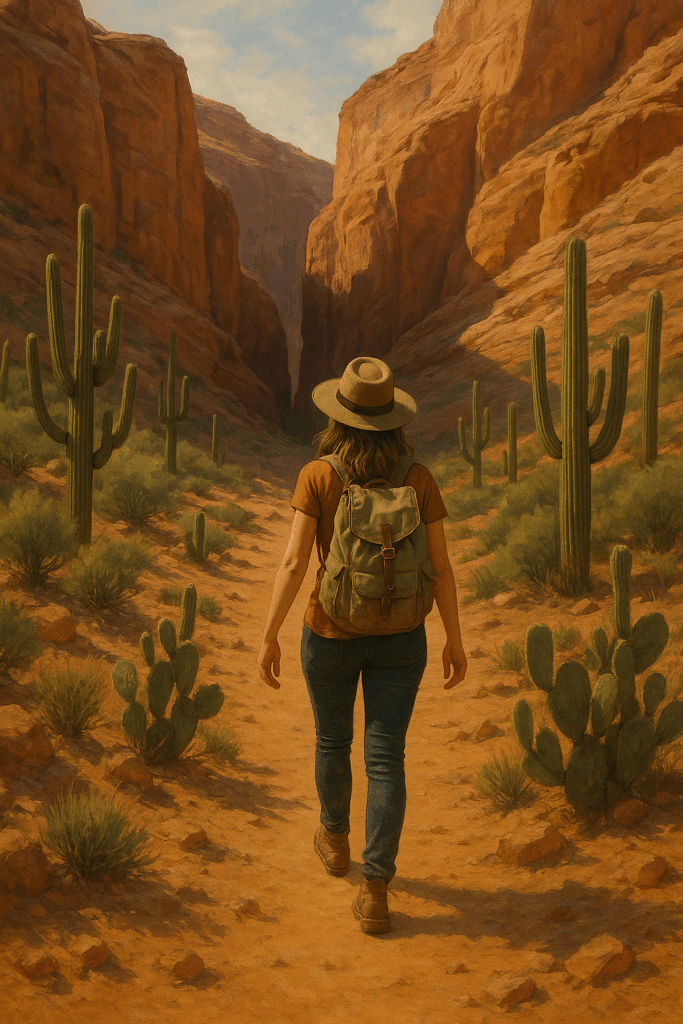
Rediscovering Soul Through Nature
Bill Plotkin’s Nature and the Human Soul is more than a book – it’s a map of human development that challenges the narrow lens of modern Western culture. Rather than defining growth by productivity or achievement, Plotkin offers a soulful alternative rooted in ecological awareness and mythopoetic imagination. His model spans eight stages of life, each offering not only psychological insights but also invitations to reconnect with the natural world as guide and teacher.
A Soul-Centric Developmental Map
Plotkin proposes a developmental framework that departs radically from conventional psychology. Instead of viewing adulthood as a plateau reached by the acquisition of independence, career, and family, he situates it within a much deeper arc of soul encounter and ecological belonging. Each stage builds toward wholeness, integration, and service to the wider community of life.
What makes his approach distinctive is the weaving together of psychology, spirituality, and ecology into a seamless whole. For those weary of self-help clichés and purely individualistic models, Plotkin’s vision offers a refreshing and necessary reorientation: growth is not about personal success alone but about finding one’s place in the web of life.
Resonating with the Wild Within
Reading Nature and the Human Soul feels like an invitation to listen more deeply to the wild places-both inside ourselves and in the landscapes around us. Plotkin reminds us that our souls are shaped not in isolation, but in dialogue with rivers, forests, and mountains. His stages of development are mirrored in the cycles of the natural world, offering a poetic reminder that we are not separate from Earth but part of its unfolding story.
For me, one of the most compelling aspects of this book is how it reframes midlife crisis and later-life struggles as natural thresholds in the journey of soul. These challenges, often pathologized in mainstream psychology, are reimagined as opportunities for deeper transformation and ecological maturity.
Beyond the Dominant Paradigm
In today’s culture, where worth is often measured by speed, status, and consumption, Plotkin’s work feels radical. His developmental stages are not about climbing ladders or achieving milestones but about becoming more fully human – rooted, soulful, and connected. This challenges the dominant paradigm that equates growth with economic productivity and instead proposes a vision of adulthood defined by service, creativity, and wisdom.
This is not a quick or easy book. At times it is dense and demanding, but the reward is a framework that speaks to the soul and offers a long-term horizon of meaning. For anyone seeking to live in a way that is more attuned to both inner truth and ecological responsibility, Nature and the Human Soul is a vital resource.
A Guide for the Journey Ahead
Nature and the Human Soul is best approached not as a manual but as a companion for life’s journey. It offers a map, yes, but also the encouragement to wander, to pause, and to let nature itself be the teacher. Its ultimate gift is a reminder that our lives are not merely personal projects but contributions to the larger story of Earth and humanity.
Nature and the Human Soul beautifully embodies the spirit of Nature, Place & the Living World. Plotkin’s soul-centric map of development reminds us that our human journey is inseparable from the life of the planet – that our deepest purpose unfolds not in isolation, but in dialogue with the living Earth. His work invites us to rediscover nature not just as backdrop, but as teacher, mirror, and companion on the path to wholeness.
If you’d like to take your own next step toward soulful living, download my free guide, Walking the Soulful Path. Along with the guide, you’ll also receive my monthly newsletter, which includes fresh insights and resources to support your journey.
And if Plotkin’s vision of soul-centred development has stirred something in you, you may also enjoy my Begin with the End in Mind series. It explores what it means to grow toward wholeness in the later stages of life, drawing on models such as Erikson’s integrity vs. despair, Maslow’s ideas of transcendence, and the archetype of the Sage.
Get the free guide and newsletter here.
Explore the Begin with the End in Mind series here.
